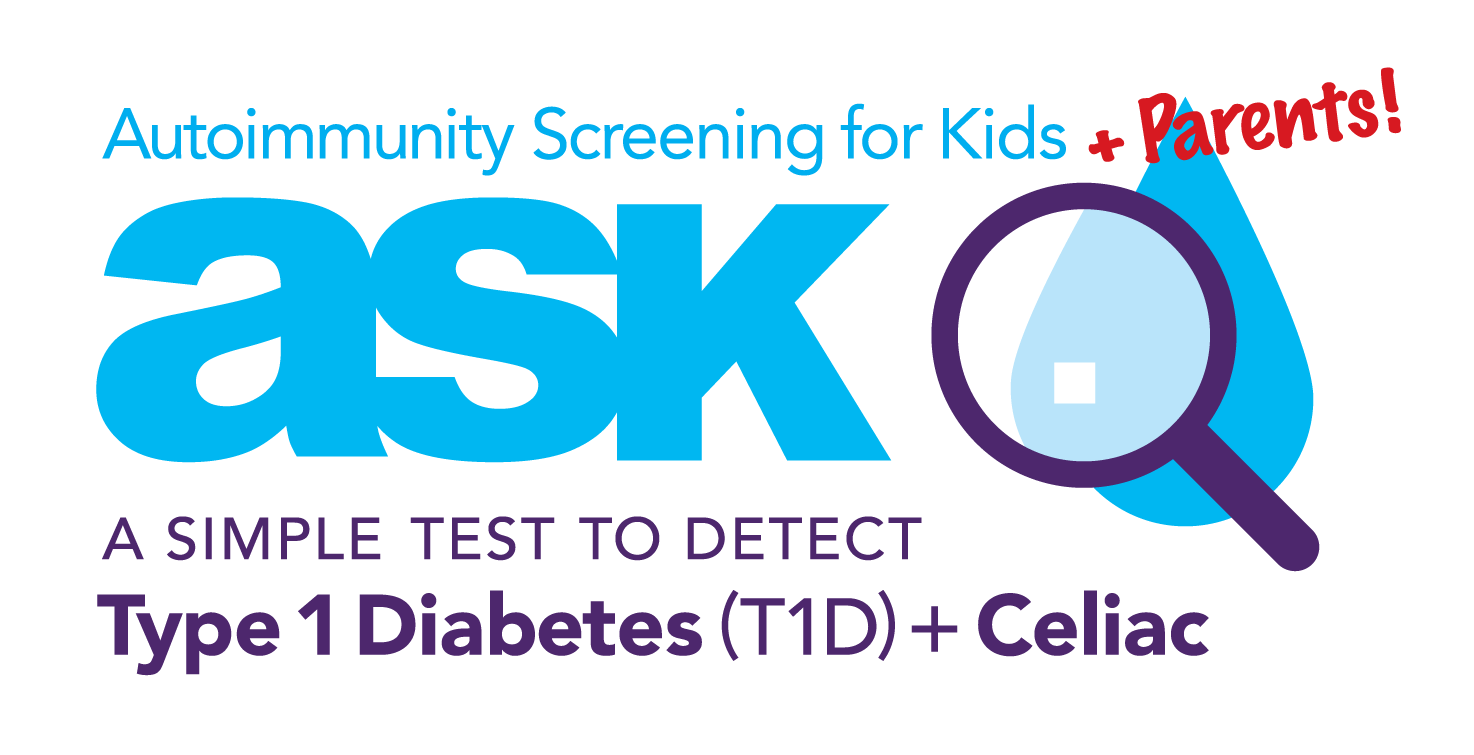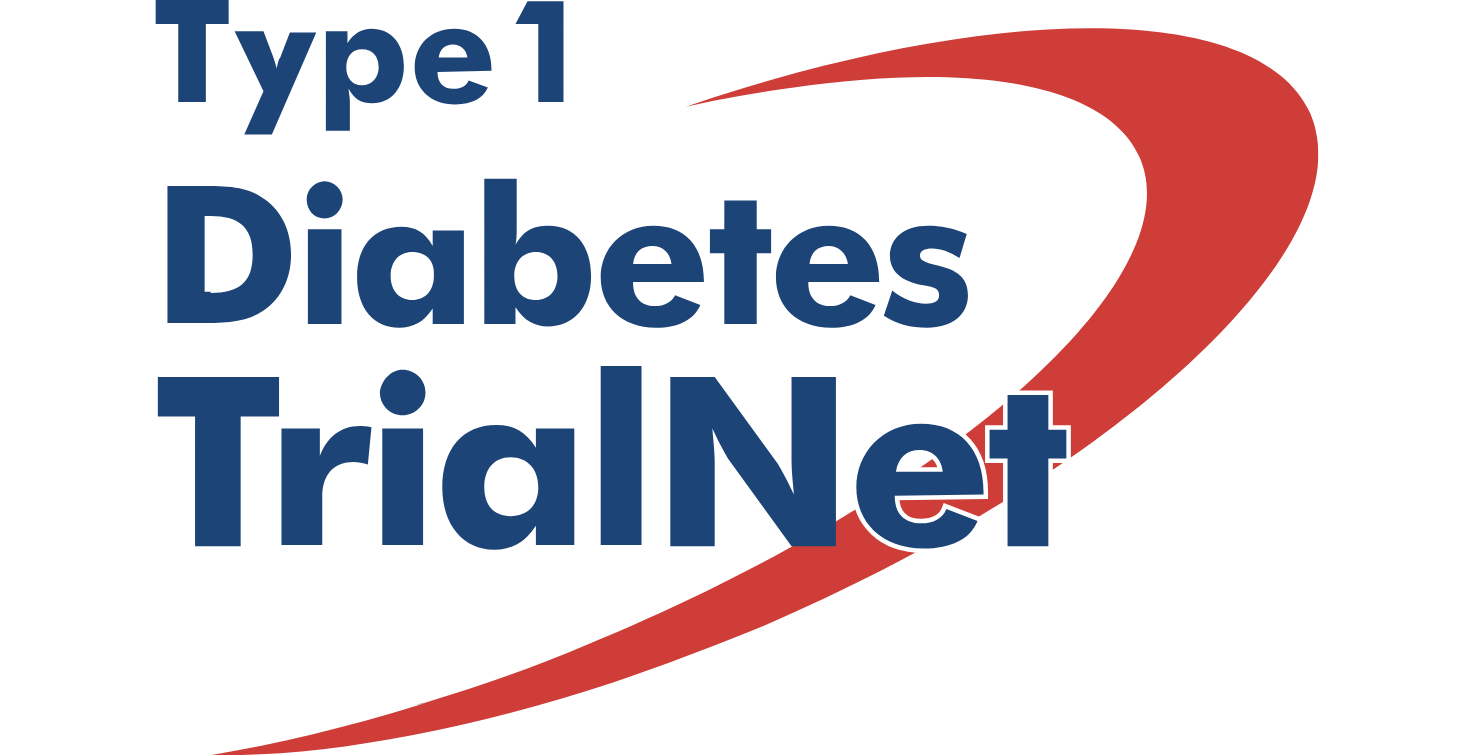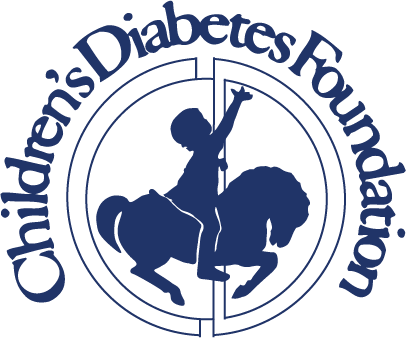Screening
The Importance of Screening for Type 1 Diabetes and How to Get Screened
Type 1 diabetes is a chronic condition in which the pancreas produces little or no insulin, a hormone needed to allow sugar (glucose) to enter cells to produce energy. It’s important to note: you can develop T1D at any age despite your overall health, weight, etc.
Why is screening for type 1 diabetes crucial?
1. Early Detection Saves Lives: Early detection of type 1 diabetes is crucial. If left undiagnosed, the disease can lead to life-threatening complications such as diabetic ketoacidosis (DKA), where the body produces excess blood acids (ketones).
2. Prevent Complications: Early intervention can prevent or delay complications such as heart disease, nerve damage, kidney failure, and vision problems.
3. Better Quality of Life: Identifying the condition early allows for proper management and monitoring, improving the overall quality of life for individuals with type 1 diabetes.
4. Delay Onset: Screening for T1D related autoantibodies can tell you if you are likely to develop T1D, which now can be delayed thanks to Tzield. Read more on the treatment to delay the onset of T1D here.
Who should get screened?
While type 1 diabetes can develop at any age, it is most commonly diagnosed in children, adolescents, and young adults. Consider getting screened if you:
• Have a family history of type 1 diabetes.
• Are experiencing symptoms such as frequent urination, excessive thirst, extreme hunger, unintended weight loss, fatigue, blurred vision, and irritability.
• Have a personal history of autoimmune conditions, which can increase your risk.
How do I get screened for type 1 diabetes?
There are free T1D screening programs available in the United States.
If you do not qualify for a screening program or are unable to travel to one of the screening locations that participate in the listed programs below, you should speak with your pediatrician, primary care,
or family doctor. Based on your history and risk level, they may be able to order testing for you at a local diagnostic laboratory.
Learn about the screening options available from TrialNet and ASK by clicking the links below.
Screening for Type 1 diabetes will typically include the following autoantibody labs:
- GAD Autoantibody
- IA-2 Autoantibody
- Insulin Autoantibody
- Zinc Transporter 8 Autoantibody
What do I do if I test postive?
Testing positive for autoantibodies doesn't necessarily mean you have type 1 diabetes. However, it's important to follow up with a doctor or the screening program to ensure you don't need immediate medical attention.
If you test positive through ASK or TrialNet, these programs can monitor your blood sugars and T1D progression.
For those who test positive through a lab not associated with a screening program, it's recommended to:
- Schedule an appointment with your primary care provider. Inform them of your positive T1D autoantibody screening and request tests for blood glucose levels and hemoglobin A1c. You can also arrange a follow-up with the Barbara Davis Center’s Early T1D Clinic.
- Confirm the positive screening test with a second blood test that includes all four T1D-related antibodies (GAD-65A, IA-2A, insulin autoantibody, and ZnT8A).
More information and resources are available through the BDC’s Ask the Experts program. This program offers support for patients and families who test positive and provides useful resources for healthcare providers. If you're outside Colorado, the Ask the Experts program can connect you with a local specialist for further guidance or assistance with scheduling a confirmation antibody test.
What can I do to take action today?
Screening for type 1 diabetes is a proactive step towards better health and well-being. Don't wait for symptoms to become severe. Talk to your healthcare provider about getting screened, especially if you have risk factors or a family history of the condition. Early detection and management can make all the difference.


